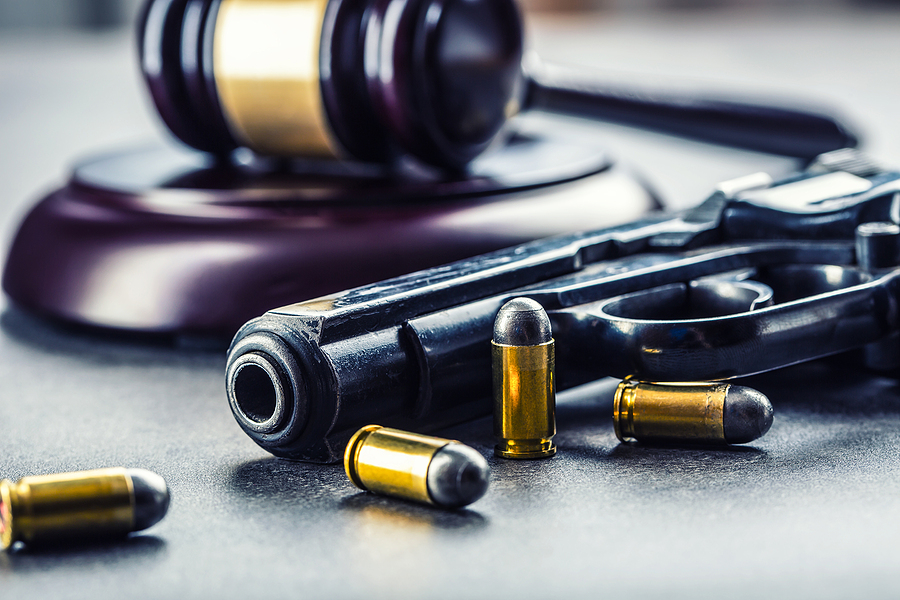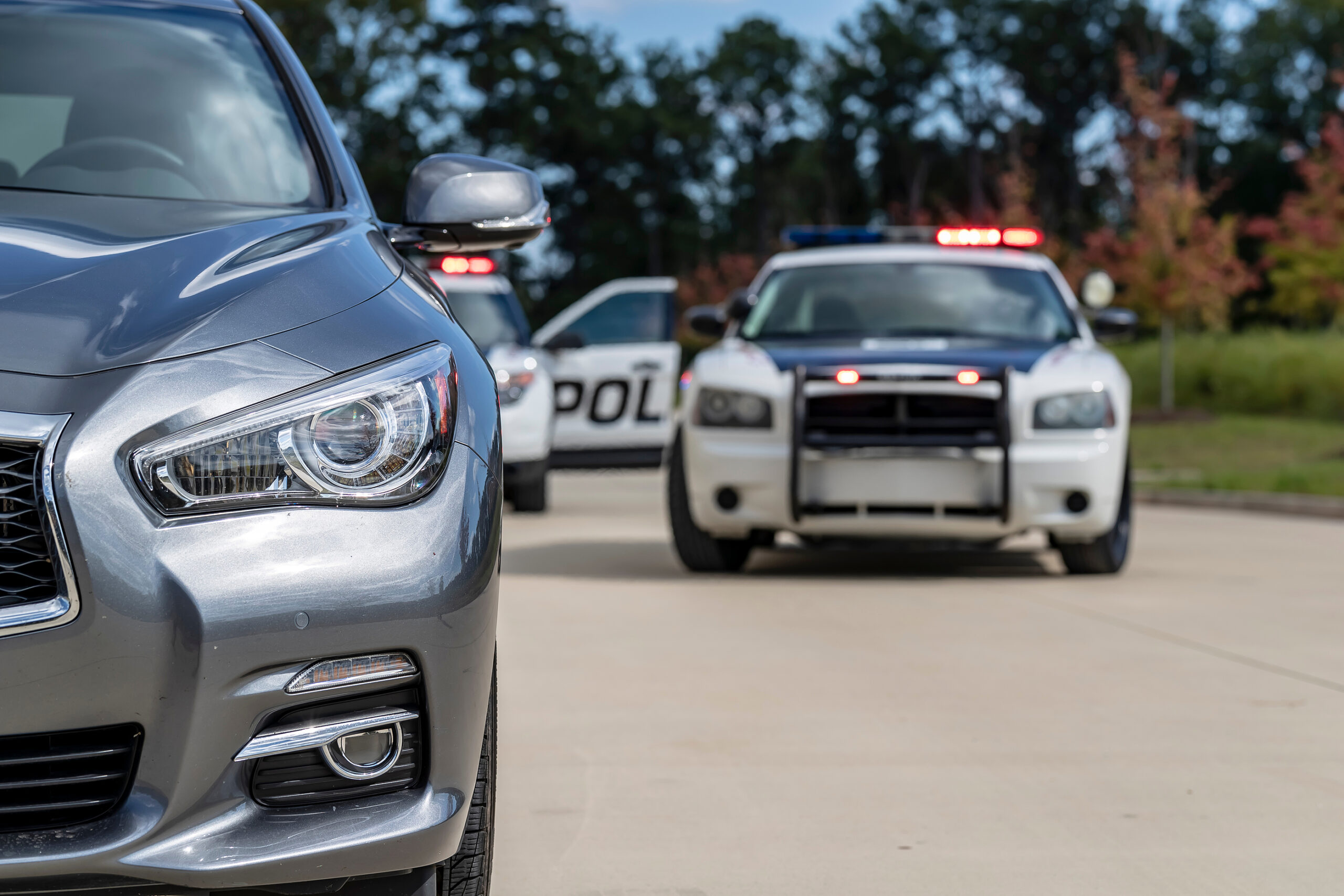What Is the Law in Texas on Carrying a Firearm in a Gun-Restricted Zone?
Although the right to bear arms is deeply ingrained in Texas culture, carrying a firearm in a gun-restricted zone is prohibited under the Texas Penal Code, Title 10, Chapter 46. Weapons. It is against state law to carry a handgun, an illegal knife, a club, or any other prohibited weapon in certain locations that have been specifically labeled as gun-restricted under the statutes.
What Locations Are Designated as Gun-Restricted Zones?
Title 10, Chapter 46 of the Texas Penal Code specifies several types of locations as gun-restricted zones. These include premises of schools or educational institutions, buildings or grounds on which activities are being conducted that schools or educational institutions sponsor, and passenger vehicles of public or private schools or academic institutions. Carrying firearms and other weapons may also be prohibited in certain government buildings, such as offices of elected officials, polling places, and courthouses; hospitals and healthcare facilities; and places of worship.
What Category of Crime Is Unlawful Carrying in a Gun-Restricted Zone in Texas?
The severity of criminal charges for unlawful carrying in a gun-restricted zone will depend on the circumstances surrounding the offense and the defendant’s criminal history. It is usually charged as a Class A misdemeanor that carries up to one year in county jail, a fine of up to $4,000, or both. If aggravating factors are present or the defendant has prior convictions for crimes of a similar nature, it may be charged as a felony, with stiffer penalties upon conviction that may include a prison term and heavy fines. A felony conviction on your record can have other long-term consequences, including loss of the right to possess a firearm and limitations on your employment, housing, and educational opportunities in the future.
What Are Your Rights If You Are Facing Charges of Unlawful Carry in a Gun-Restricted Zone?
Although public safety is a valid concern, it is of vital importance to protect the rights of defendants facing these charges. The legal process can be complicated, confusing, and intimidating. A fundamental premise of our criminal justice system is that the burden of proof lies with the prosecution, and the crime must be proven beyond a reasonable doubt. A defendant facing charges of unlawful carry in a gun-restricted zone has certain rights under the law, including the following:
- Presumption of innocence: Under the American legal system, a defendant is presumed innocent until proven guilty in a court of law.
- Protection against unreasonable search and seizure: The Fourth Amendment to the U.S. Constitution protects citizens against unreasonable search and seizure conducted by law enforcement. Any evidence against you obtained in an illegal search may be deemed inadmissible in a court of law.
- Right to remain silent: Under the Fifth Amendment, you have the right to remain silent when being questioned by the police, and you cannot be compelled to testify against yourself in court.
- Right to due process: No person in the U.S. can be deprived of life, liberty, or property without due process of law, as provided in the Fifth and Fourteenth Constitutional Amendments. The term “due process of law” means fairness in legal matters, particularly in the courts, and that involves following the same established procedures for every individual to prevent unequal or prejudicial treatment.
- Right to an attorney: The right to legal representation is fundamental for defendants facing criminal charges. Our experienced Texas criminal defense lawyer can advise you of your rights, devise a defense strategy tailored to your case, negotiate with the prosecution, and vigorously defend against the charges in court.
What Are Some Possible Legal Defenses Against Charges of Unlawful Carry in a Gun-Restricted Zone?
Your defense strategy will depend on the specific facts and circumstances of your case. The following are possible legal defenses against charges of unlawful carry in a gun-restricted zone:
- Illegal search and seizure: Your attorney may challenge the legality of the search and seizure that led to the charges. If police violated your Fourth Amendment rights, any evidence obtained in the search and seizure may be deemed inadmissible.
- License to carry: If you hold a valid license to carry issued by the state Department of Public Safety (DPS), you may be exempt from specific prohibitions on carrying a firearm in a gun-restricted zone.
- Mistaken identity: Eyewitnesses are notorious for mistaken identification. If you were identified as a perpetrator in error, your criminal defense attorney could work to cast doubt on the reliability or accuracy of eyewitness testimony and other evidence linking you to the crime.
- Protection in an emergency: If you were armed in a restricted zone because it was necessary to protect yourself or others in an emergency, you may have a valid defense against the charges. However, you must demonstrate that an actual and immediate threat existed to justify your actions.
- Lack of knowledge: If you were genuinely unaware that you were unlawfully carrying in a gun-restricted zone, lack of knowledge may be a defense in your case. Your attorney may argue that you were not properly informed of the zone’s restricted status, entered the gun-restricted zone without realizing you were carrying a firearm, or believed it was legal to carry a gun in that location.
If you have been charged with unlawful carry in a gun-restricted zone, your best chance of obtaining the most favorable outcome is to have an experienced Texas criminal defense lawyer handling your case. Call Enrique Ramirez Law, PC, at 713-649-3100. We have more than 33 years of experience defending clients against criminal charges.



